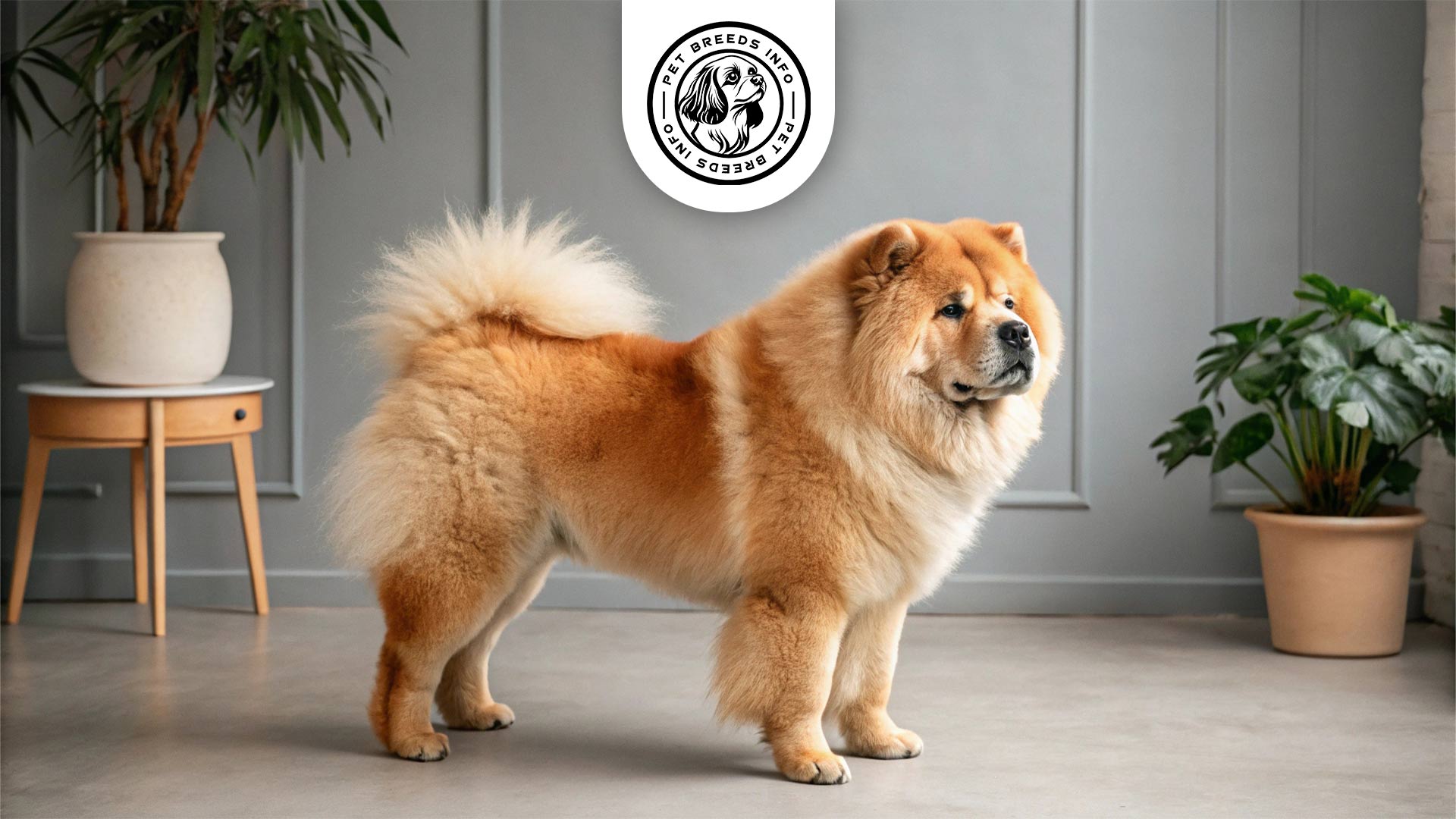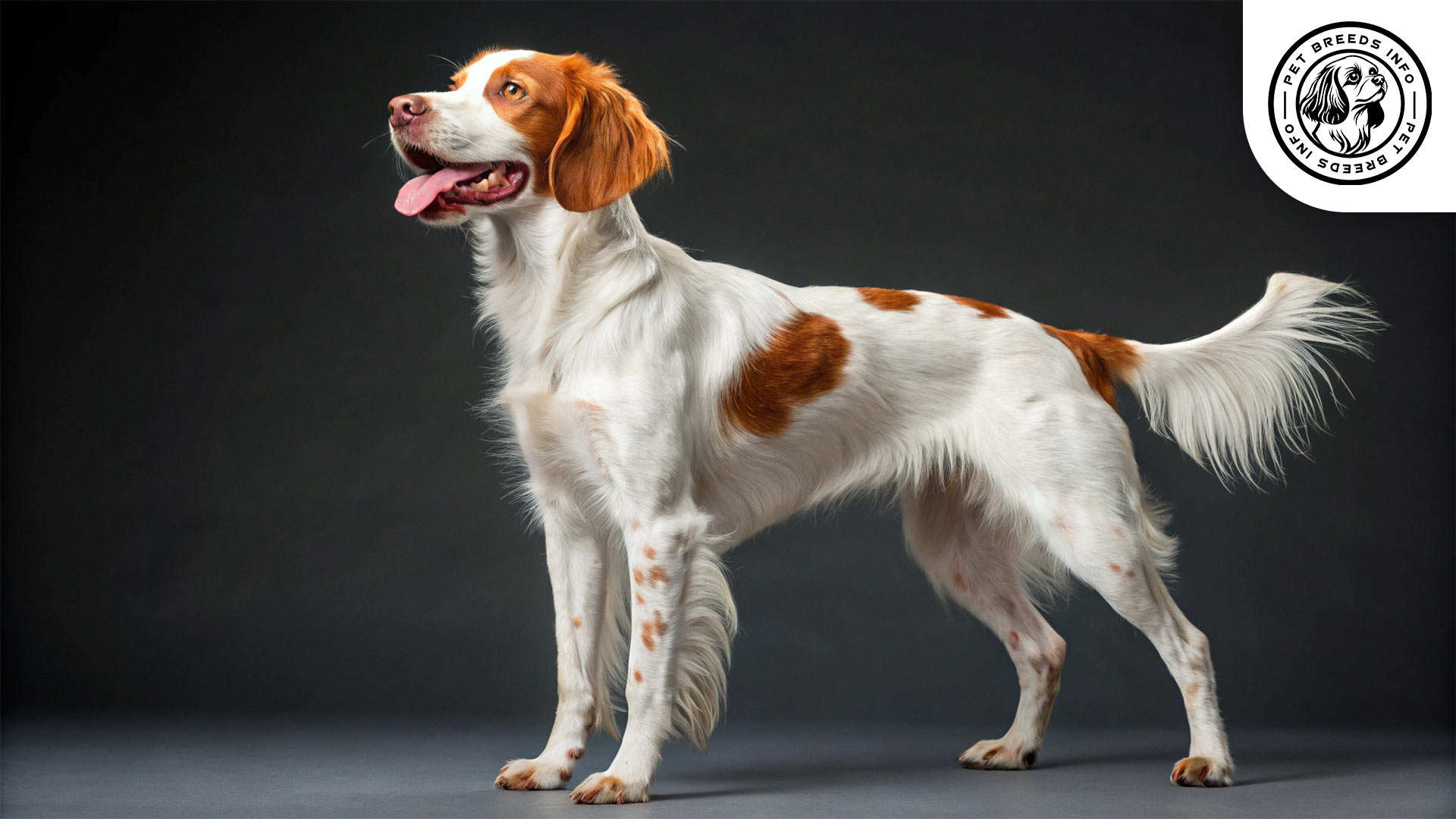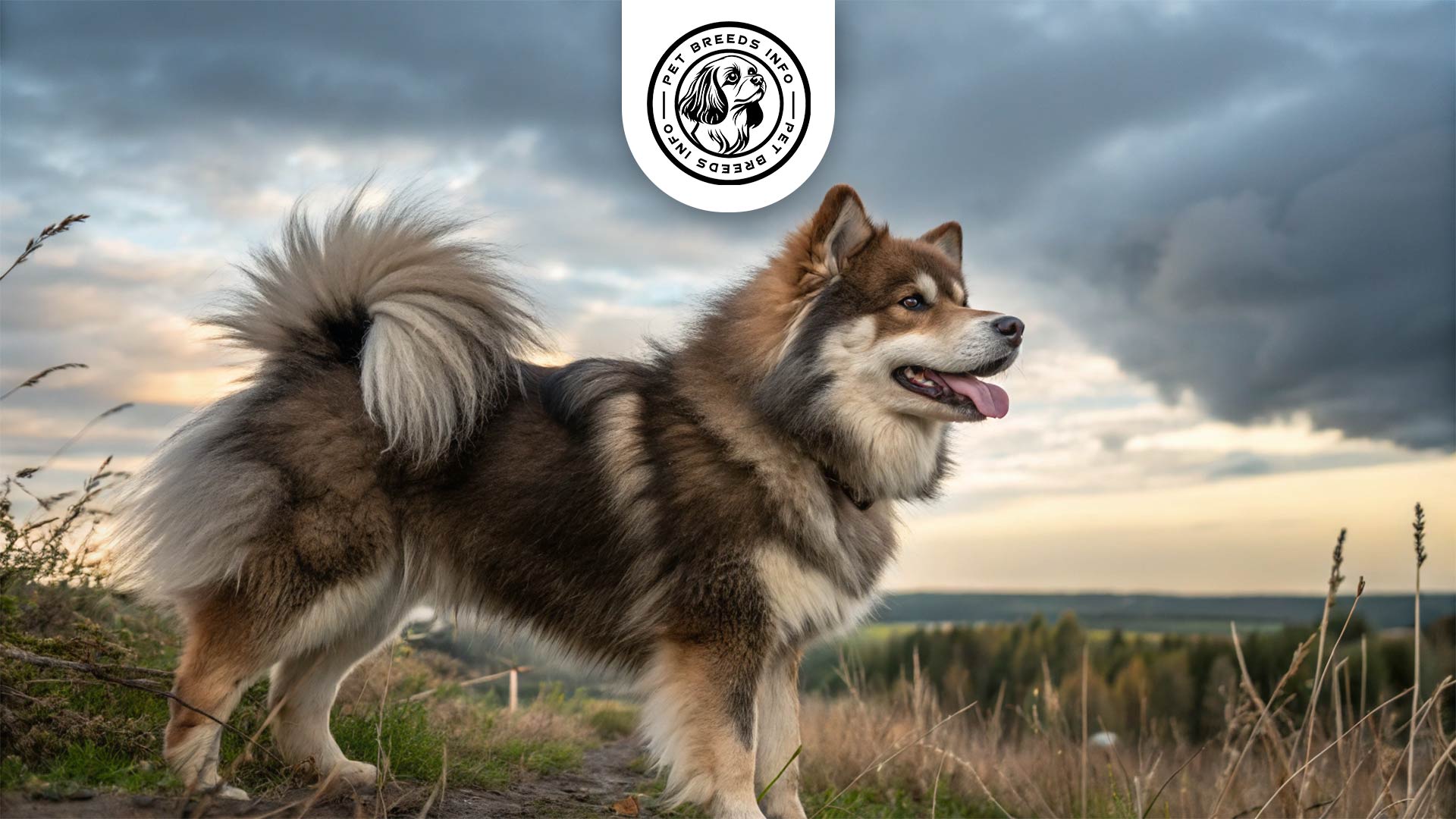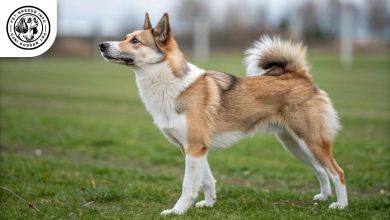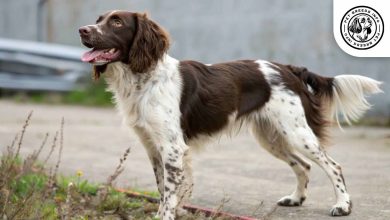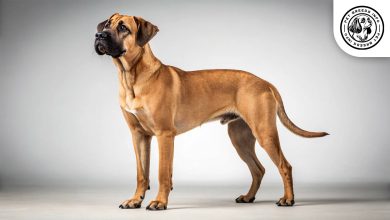Chow Chow Dog Breed: Size, Health, Price & Personality
General Introduction of the Breed
The Chow Chow, also known as “Songshi Quan” (meaning “puffy-lion dog” in Chinese), originates from China. This ancient breed has a rich history dating back thousands of years, where it was used for hunting, guarding, and even pulling carts. The Chow Chow has been a treasured companion of Chinese royalty and has also influenced other dog breeds through selective breeding.
Table of Contents
| Weight | 45-70 lbs (20-32 kg) |
| Lifespan | 10-15 years |
| Diet | High-quality protein-rich diet, 2-3 meals daily |
| Care | Frequent grooming, minimal exercise, temperature-sensitive |
| Health | Prone to hip dysplasia, entropion, and heatstroke |
| Color | Red, black, blue, cinnamon, cream |
| Nature | Independent, aloof, loyal, protective |
| Price | $1,000 – $4,000 |
Physical Characteristics
The Chow Chow is a medium-to-large-sized dog. Males typically weigh between 55-70 pounds (25-32 kg) and stand about 18-22 inches (46-56 cm) tall. Females are slightly smaller, weighing around 45-60 pounds (20-27 kg) and standing 17-20 inches (43-51 cm) tall.
The breed has a thick double coat that comes in various colors, including red, black, blue, cinnamon, and cream. Its dense fur gives it a distinctive fluffy appearance.
Chow Chows have deep-set, almond-shaped eyes that are usually dark brown. The breed’s small, triangular ears stand erect and slightly tilt forward.
One of the most recognizable features of the Chow Chow is its curly tail that rests over its back. Additionally, it has a distinctive blue-black tongue, a trait unique to only a few dog breeds.
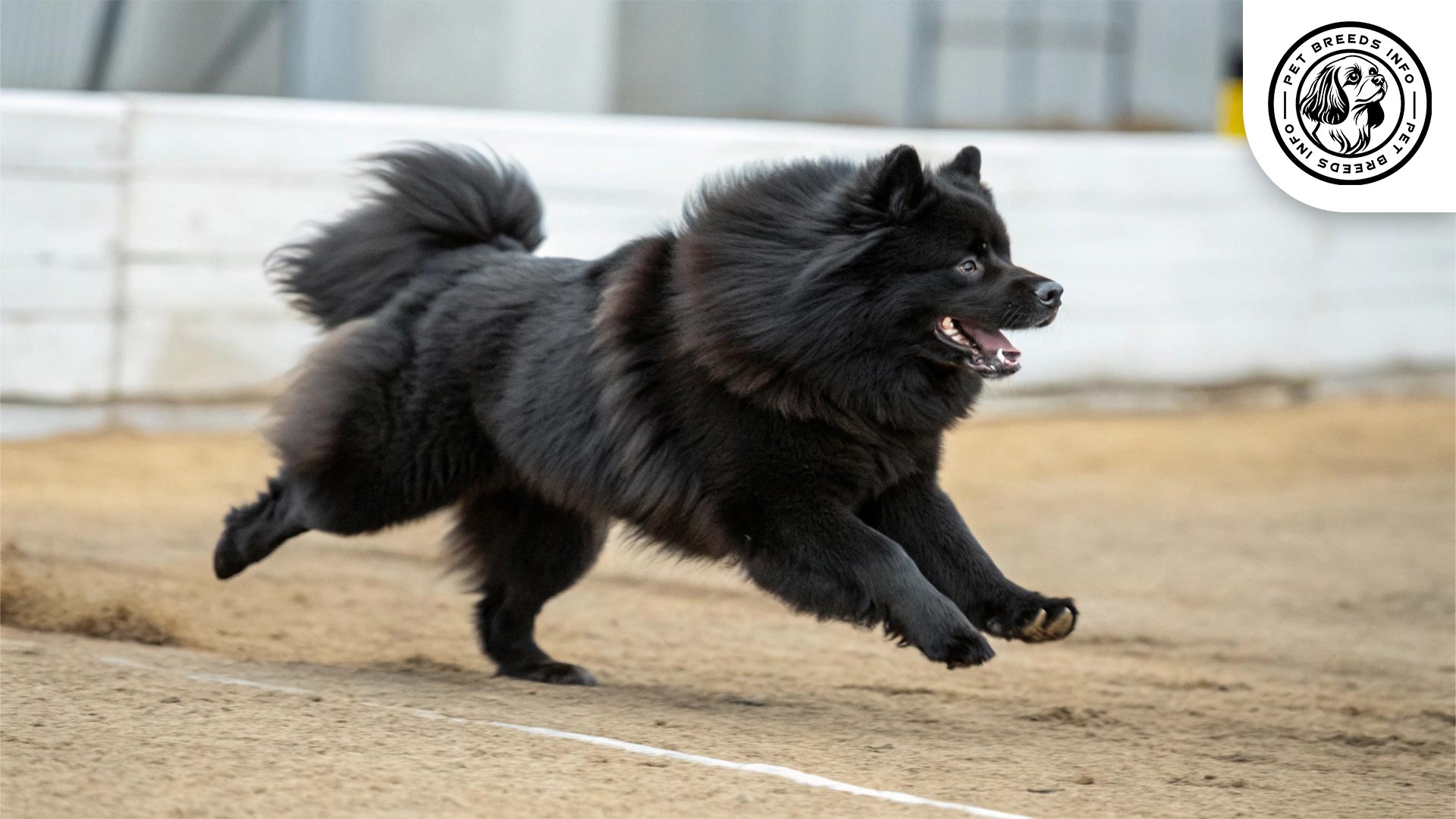
Personality and Temperament
Chow Chows are intelligent but can be independent and stubborn, which may make training a challenge for novice owners. They are loyal to their family but tend to be aloof and reserved around strangers.
These dogs have a low-to-moderate energy level and prefer short walks and moderate playtime over vigorous physical activity.
They form strong bonds with their owners but are not overly affectionate and prefer their space. While they can coexist with children and other pets, early socialization is necessary to ensure they develop friendly behavior.
The breed has minimal prey drive but is naturally protective, making it an excellent guard dog. Their sensitivity to environmental changes means they prefer stability and routine.
Care and Maintenance Requirements
Chow Chows require daily walks and some light play but don’t need excessive exercise. A yard is beneficial, but they can adapt to apartment living with proper exercise.
Their thick coats require frequent brushing (at least 2-3 times a week) to prevent matting and excessive shedding. Seasonal shedding occurs, requiring additional grooming.
Due to their dense fur, they are sensitive to heat and prefer cooler climates.
Routine hygiene includes occasional baths, nail trimming, ear cleaning, and dental care to prevent common health issues.
Diet and Nutrition
Chow Chows thrive on a high-quality diet, whether dry, wet, or raw. A protein-rich diet with balanced nutrients is essential.
Read More: Clumber Spaniel Dog
They are prone to food allergies and digestive problems, so avoiding fillers, artificial additives, and excessive grains is recommended.
Owners should avoid feeding them chocolate, onions, garlic, grapes, and high-fat foods.
The ideal meal portion depends on the dog’s weight, age, and activity level, but typically, 2-3 meals a day with controlled portions is best.
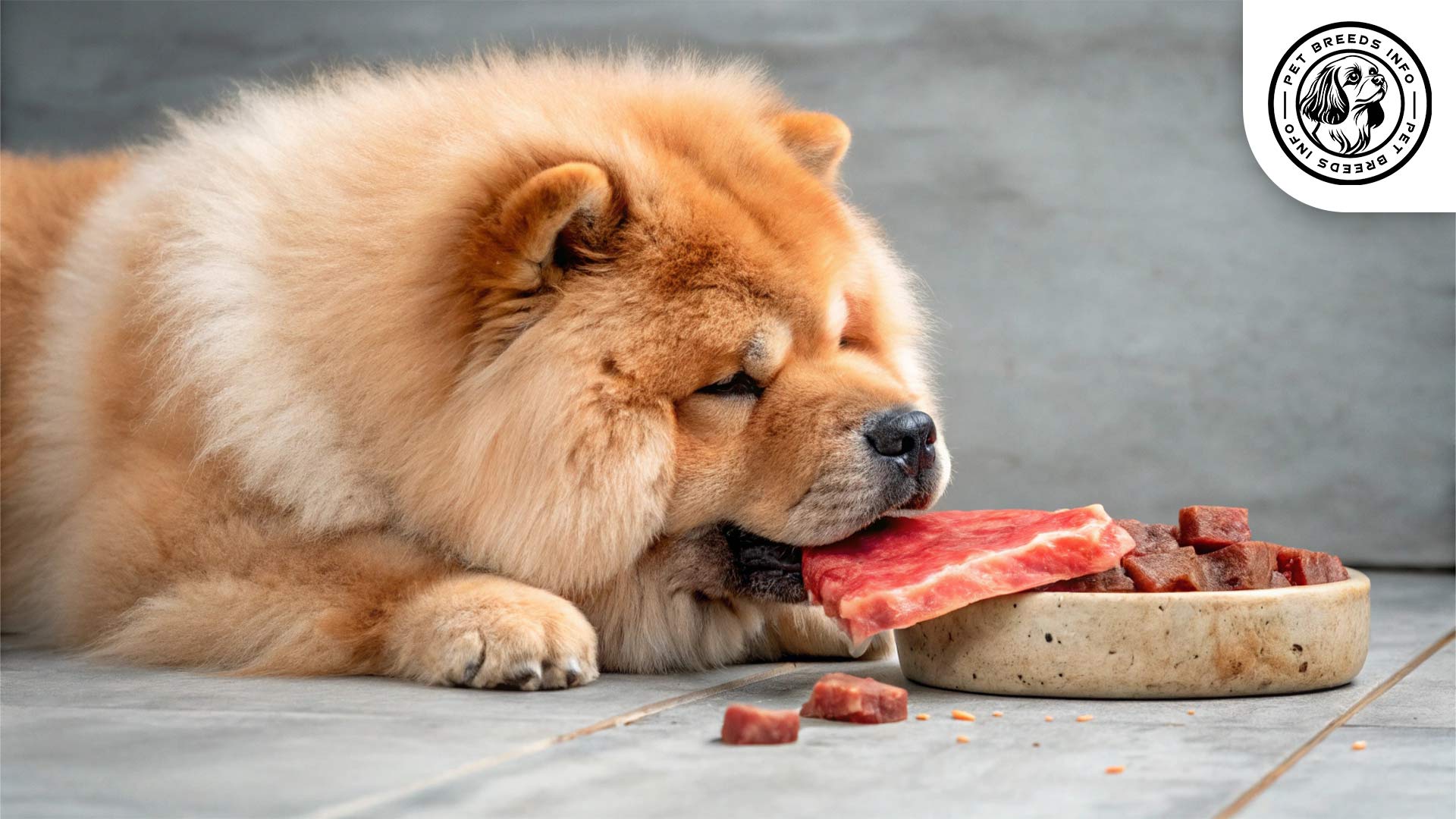
Health and Common Medical Issues
Chow Chows are prone to several genetic health conditions, including hip dysplasia, elbow dysplasia, entropion (eyelid disorder), and autoimmune diseases.
They are also susceptible to heatstroke due to their thick fur and breathing difficulties.
The average lifespan of a Chow Chow is around 10-15 years with proper care.
Routine veterinary checkups, vaccinations, and monitoring for breed-specific health concerns are essential for keeping them healthy.
Training and Behavior Management
Training can be challenging due to their independent nature. They require firm but positive reinforcement-based training.
Early socialization is crucial to help them develop good manners with people and animals.
Read More: Chinese Shar-Pei Dog
Consistent training methods and clear leadership help establish boundaries and reinforce discipline.
Interaction with Other Animals and Humans
Chow Chows can be good with children if raised with them, but they are not naturally playful or overly tolerant of rough handling.
They tend to be reserved around other pets and may not always get along with dominant dogs.
This breed is more suited to experienced owners who understand its temperament. While they form strong bonds, they are independent and do not cling to their owners.
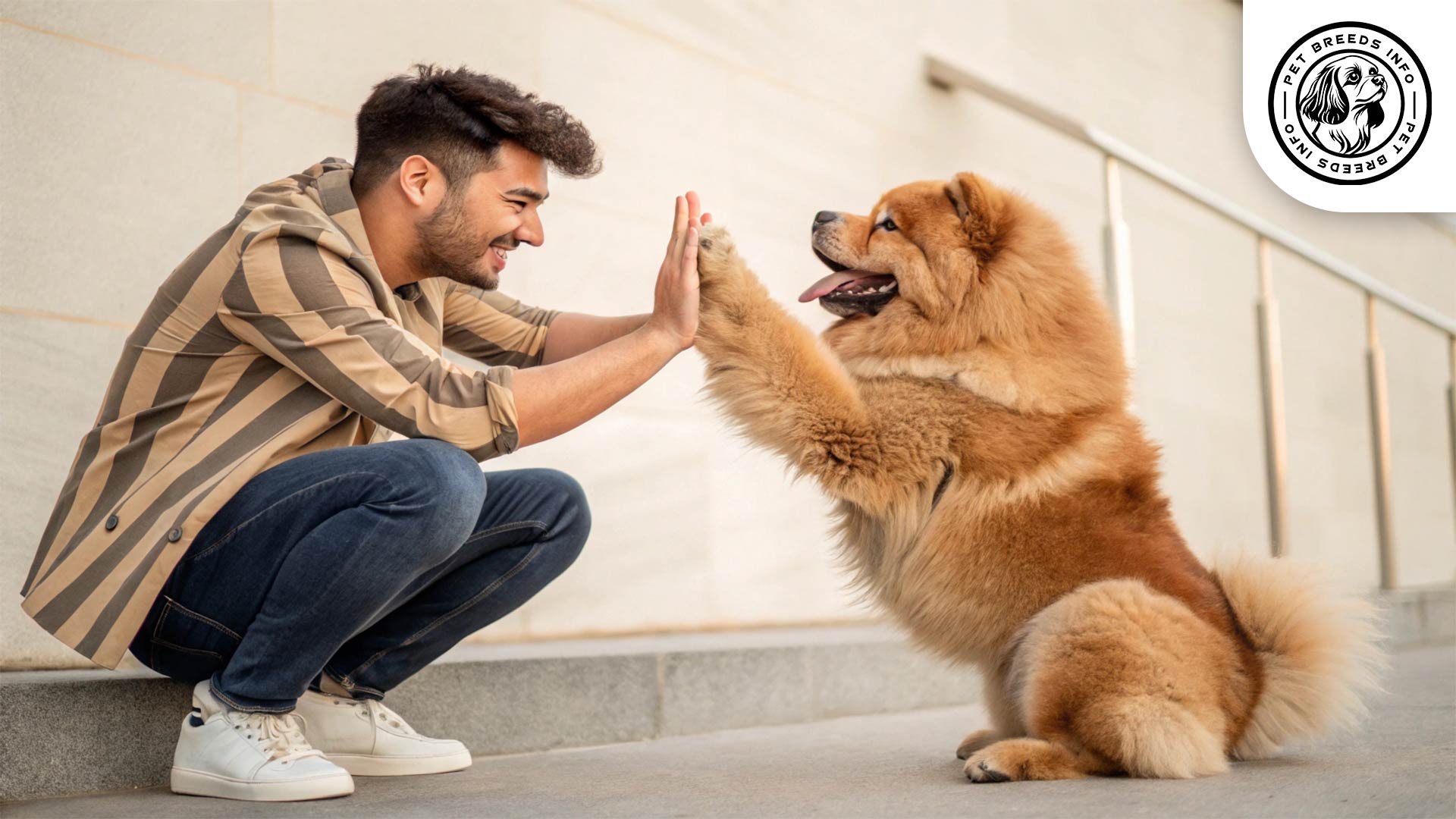
Price and Availability
The price of a Chow Chow puppy from a reputable breeder ranges from $1,000 to $4,000, depending on pedigree and location.
Adopting from rescues or shelters is often a more ethical and affordable option.
Potential owners should ensure they buy from responsible breeders who conduct health screenings and proper upbringing.
Conclusion and Final Thoughts
The Chow Chow is a unique breed best suited for experienced dog owners who appreciate its independent and loyal nature.
They adapt well to calm environments but require regular training and socialization to thrive.
Read More: Central Asian Shepherd Dog
Before bringing a Chow Chow home, potential owners should consider the breed’s grooming needs, temperament, and space requirements to ensure a happy and fulfilling companionship.
FAQ
What common health issues affect Chow Chows?
They are prone to hip dysplasia, entropion (eye issues), and breathing difficulties due to their thick coat.
Are Chow Chows hypoallergenic?
No, they shed heavily, especially during seasonal coat changes.
Do Chow Chows get along with other pets?
They can be reserved around other animals, so early socialization is key.
How much exercise does a Chow Chow need?
They have a low-to-moderate energy level and need only short daily walks and light play.
